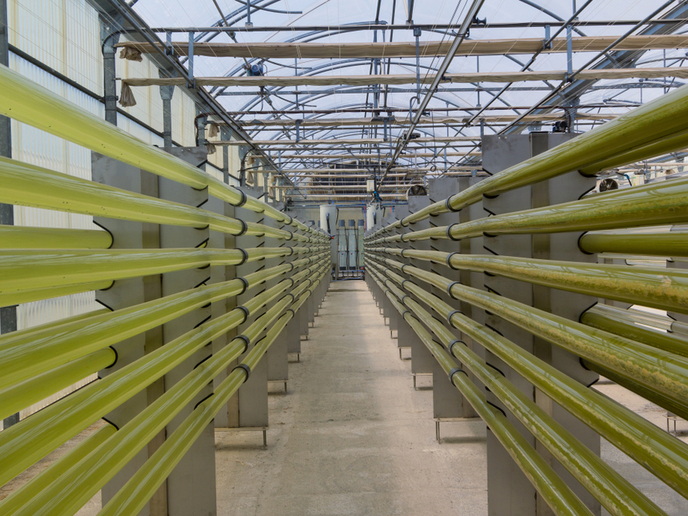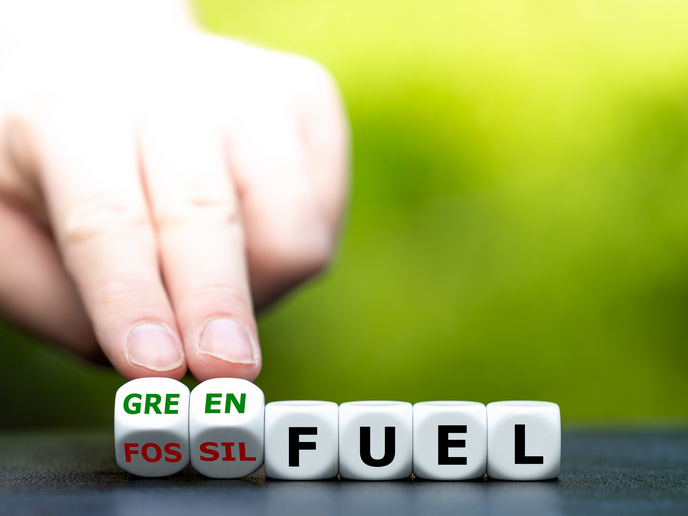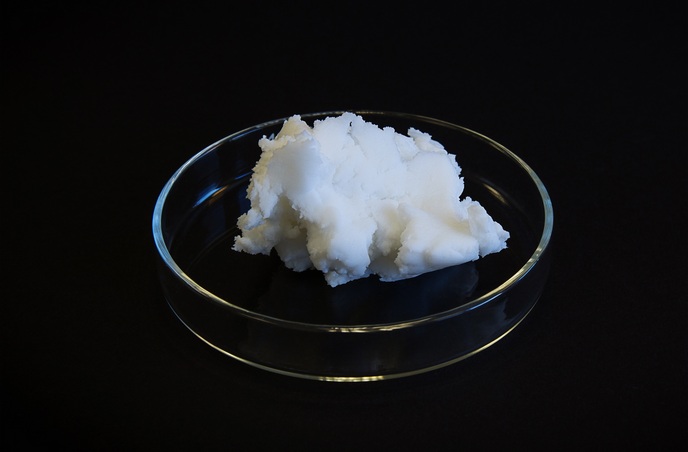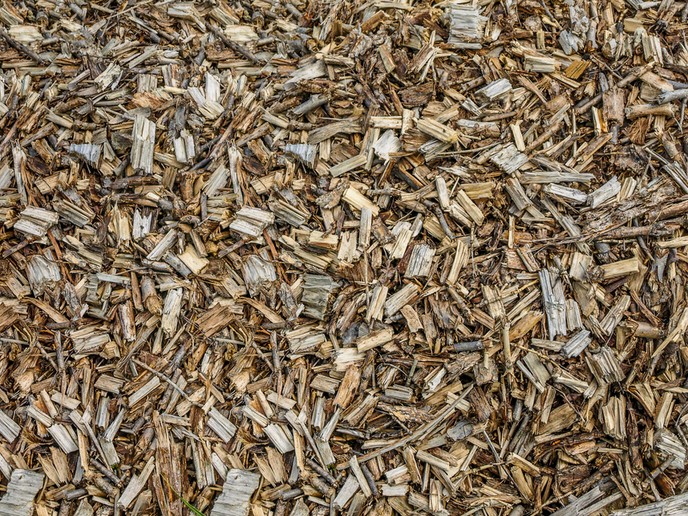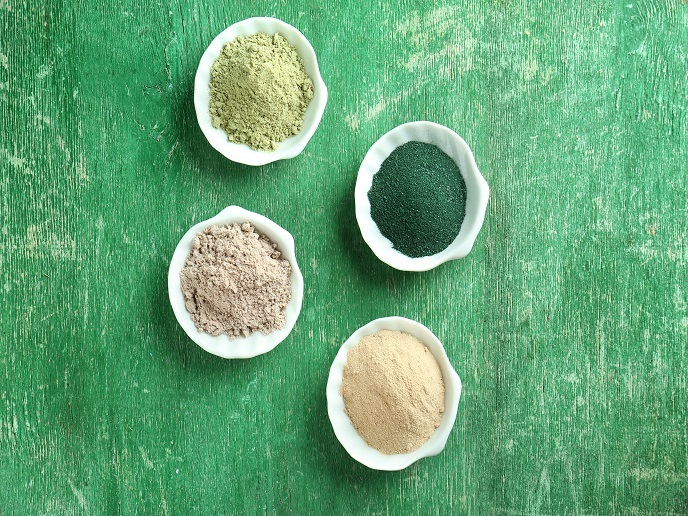New solutions help grow the microalgae industry
This expansion is driven by the commercialisation of high-value compounds, with innovations based on new molecular targets and biorefinery techniques creating new markets. However, despite technological and biological advances, creating an economically viable and sustainable method of growing large quantities of microalgae biomass and converting them into commercially successful products remains a significant challenge. The EU-funded ABACUS(opens in new window) project addressed this question by developing innovative technical solutions to improve the reliability and profitability of the microalgae sector. “The initiative focused on metabolites for high-value markets, spanning algal terpenes for fragrances to long-chain terpenoids(opens in new window) (carotenoids)(opens in new window) for nutraceuticals and cosmetics,” states scientific project coordinator Jean-François Sassi.
Optimised production
Project partners tested and classified more than 150 microalgae strains, most belonging to six commercially relevant species, according to the growth rate and productivity of target compounds. They also identified and investigated market opportunities for terpenes and carotenoids in high-end sectors, such as cosmetics, nutraceuticals and fragrances. In addition, researchers developed four genetically stable photosynthetic blue-green algae (cyanobacteria) to produce light terpenes, which were shown to be stable under continuous culture conditions for over 1 year. “We also created the proof of concept for a continuous stripping process to collect these olfactory compounds of interest,” Sassi explains. The scientists cultivated the selected microalgae strains in pilot-scale bioreactors, studying different parameters including light, partial pressure of oxygen and carbon dioxide, and nutrients. They optimised terpenoid production by developing innovative sensors and lighting strategies based on online monitoring and automated control of the photobioreactors, reducing maintenance and operational costs. ABACUS also investigated the fractionation steps to provide green, low cost downstream processing to reduce operational expenses of the whole production line. By conducting a life-cycle assessment and techno-economic analysis of the entire production value chain, researchers could ensure the sustainability of the technologies and products, as well as market acceptance.
Increased yields
According to Sassi, “the integration of these different strategies resulted in significant increases in productivity of more than 50 % compared to state of the art. Of the five processes studied, four were tested up to the industrial scale, yielding more than 200 kg of algae biomass enriched in carotenoids.” Researchers extracted target compounds and by-products from the algal biomass and purified them to obtain high added-value fractions. This resulted in yields of more than 20 % for bioactive compounds, with a total carotenoid content of 10 to 15 %. Following the physico chemical purification of the products using supercritical fluids, the technical acceptability and applicability of the microalgae-based ingredients were assessed for the target markets, like cosmetics and nutraceuticals. “By tackling the biological and bioprocess challenges for developing a new microalgal biorefinery, ABACUS can successfully provide competitive and innovative products to both the targeted and new markets,” concludes Sassi. The project also produced 28 original publications aimed at a science and industry audience. It organised a 2-day international workshop in 2019(opens in new window) where EU-funded projects were presented and discussed, thereby allowing cross-fertilisation and synergies between actions. ABACUS received funding from the Bio-based Industries Joint Undertaking, a public-private partnership between the EU and industry.



